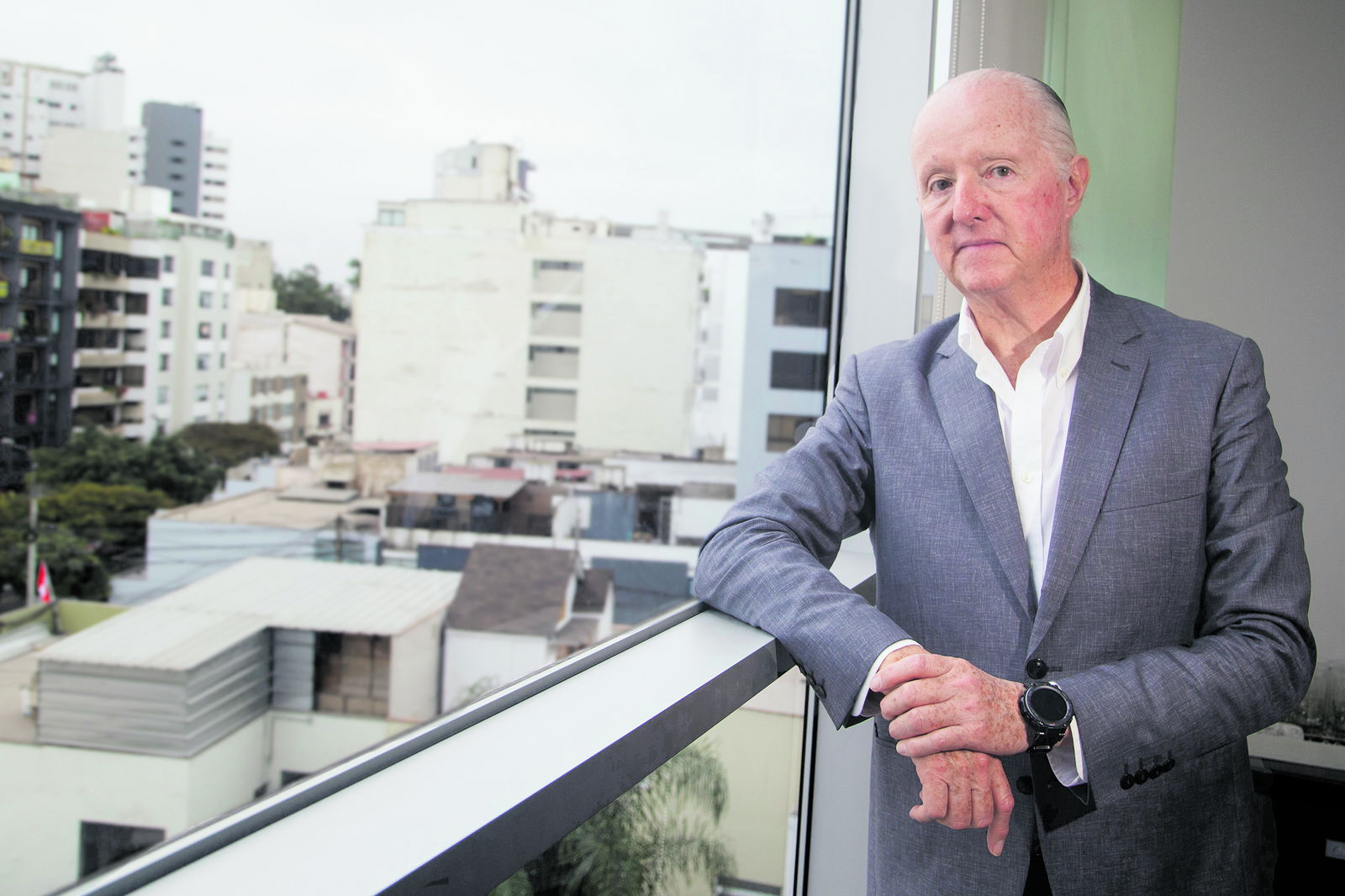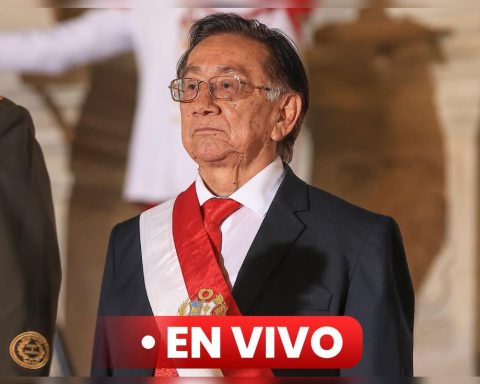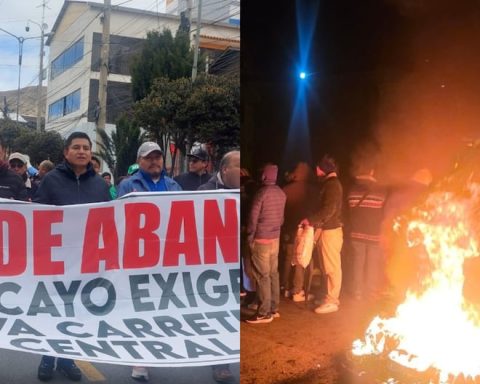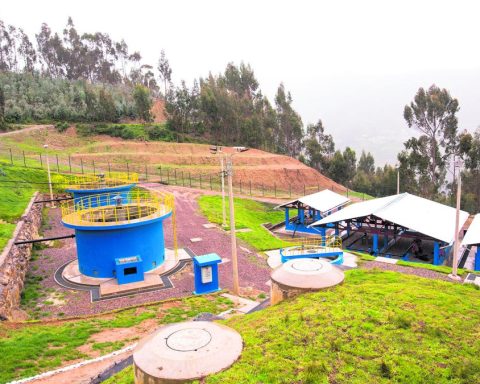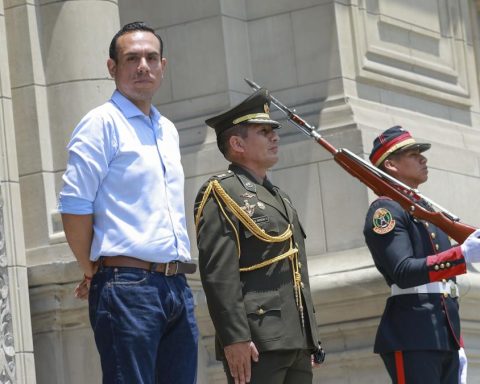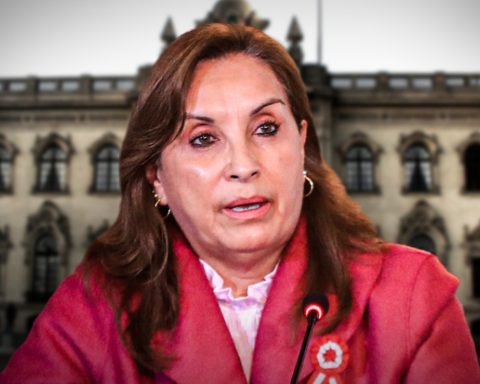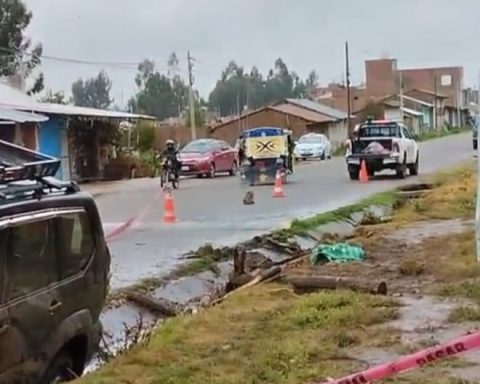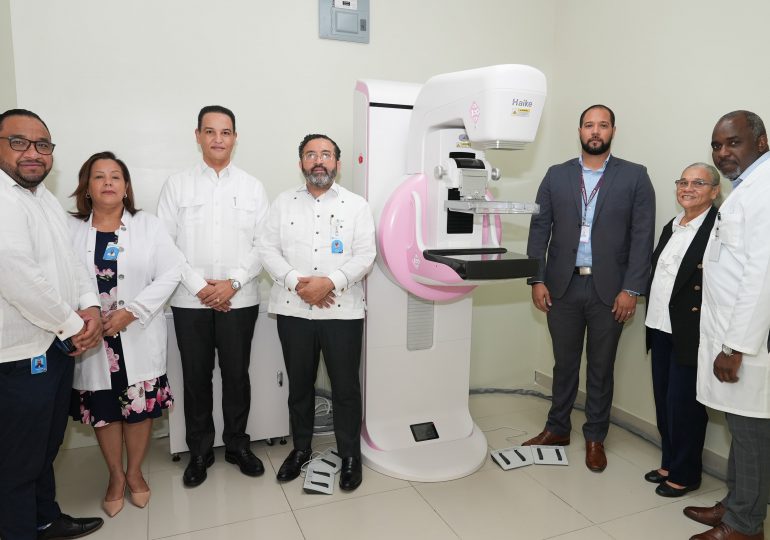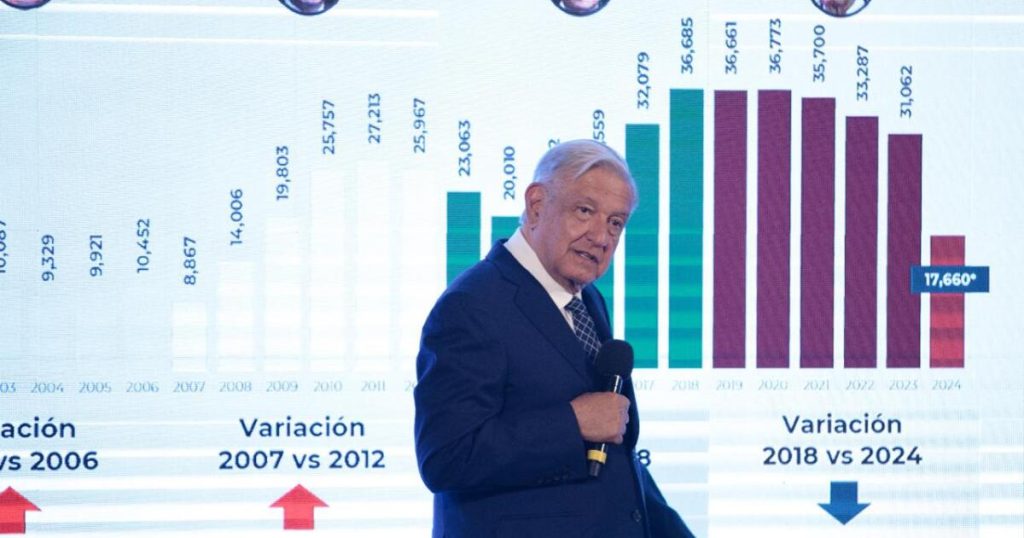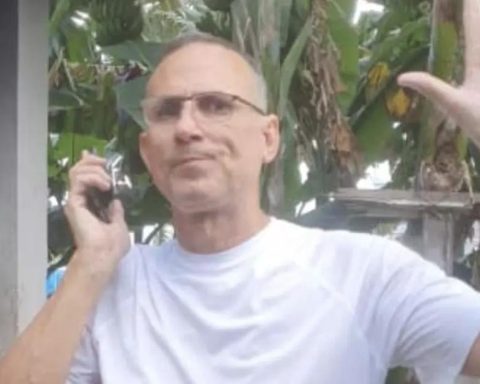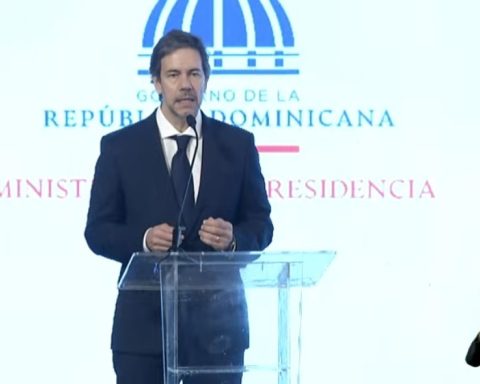“I’m going to try,” he said 24 years ago, at the turn of the century in a country that was also changing.
After dedicating himself to technology, reaching management positions, he set foot on new ground for Peru: head hunting or search management. executiveswhich arrived in our country in the mid-90s.
LOOK: Gloria invested S/1.2 million in solar technology
Today he is a headhunter, consultant and independent director. Partner of Top Search Peru, member of InterSearch Worldwide. And author of the book Head hunting. A manual for clients and candidates. “What motivated me to write the book “It is to see how the executive search market has degraded in Peru and in many other countries,” he tells me.
Armando Cavero Guerrero tried and stayed.
LOOK: BCP: “The second half should be good”
There is a chapter in the book called The Euphemism of Talent. Why do you question this?
Because talent is not something tangible. And when we say “I am going to manage the talent in my company” or “I am going to attract talent” we are not thinking about the person, we are thinking about the person’s condition. In an article I wrote for a local newspaper some time ago, I made a kind of parallel with Karl Marx’s approach, where he did not refer to the person but to the workforce.
Another euphemism is collaborator instead of worker.
Yes. I think that talking about talent is abstracting from the condition of the person, of the worker; and if we want to attract talent, let us first attract it by attracting the person who carries it and not the “talent” because I cannot attract the “talent”. I can attract the talented person and I can improve their abilities, train them in the most professional sense of the word so that they can make the best use of their gifts. But if I am only focusing on what they bring me as the contribution of their talent, I am depersonalizing.
Is that linked to the priority that soft skills have today?
And that is precisely part of what is lost when we think only about talent. We lose focus on the rest of the person. People have personality and organizations have culture, the personality of an executive is parallel to the culture of an organization. Personality has to fit into the culture, and that personality is not made up of talents, but of different traits such as tolerance to pressure, risk, frustration…
It could be almost like in real life. If we move to China tomorrow, it’s a different culture.
And you have to adapt to the culture, because the culture will not adapt to you. What I want to have in my organization are successful people, not talented people. If they are successful in their area, it is because they have the right talents. That is why I prefer the phrase successful people management, instead of talent management. In another article I wrote for a media outlet, I said that talent seemed to me a euphemism because, in addition, if you like football, let’s think about how many talented players we have had, but they had a disastrous life, they wasted all their talent… In the case of our practice, moving a person from one position to another also implies a responsibility, because we have to take them to a place where we believe that the person will be successful. The consultant has to go out with the assignment to look in the market for suitable people for the position that our client wants, but at the same time he has to think about the candidates he brings, who go to a better possibility.
Can a parallel be drawn between knowing how to choose executives and knowing how to choose political authorities?
Yes, of course. But while in the private sector, suitable candidates for a position are sought with the future of those candidates in mind, so that they have a place to land and progress; the same does not happen in government sectors; that is why sometimes people say “why don’t they hire headhunters to get ministers?”; and this was already dealt with in Mexico with Vicente Fox, who hired a renowned headhunting firm, but the ministers chosen lasted months, because the vicissitudes of politics are not the same as those of companies. There must be a great vocation for service, because whoever enters political life will come out with more than one judgment, right or wrong.
What should governments learn from organizations?
There should be stability in the public career. It is not possible to change the heads of ministries every time a minister changes. There is a paralysis in the public sector because nobody wants to sign. Another issue is meritocracy. If the career is attractive, one thinks in the long term; if the career is not attractive, people will come who think in the short term, which is transactional.
You are also a photographer. Can we draw a parallel between capturing an image and capturing a professional photographer?
Now that you mention it, yes. The framing and the component of the frame around the central object of the photo is just as important to achieving a good image as the central object of the photo; and in the case of our work as a headhunter, we have to look for the right person, but we have to see the environment in which that person will fit.
Ultimately, it has to do with harmony.
Exactly. There has to be harmony between what the client is looking for, what the market provides and what the head hunter, in the middle, is balancing in order to link those two different interests in a common goal: that the company and the person are successful.
Self-portrait:
-“I am Jaime Armando Cavero Guerrero. I am 70 years old, I was born in Lima. I finished high school and studied two years of engineering at the Catholic University. I became a little disenchanted with the world of numbers alone and opted for Economics, which is a social science. I jokingly say that I am a sociologist.”
-“I have been a manager in four telecommunications and technology companies. In 2000, at the turn of the century, the Fujimori recession began. The company where I worked made a change and I was left out, and a friend invited me to partner with him to do head hunting.”
-“I have been taking photos since I was in high school. I have more than 35 thousand photos. You can visit my website armandocavero.com. If I had lived in another country, I would have liked to do photography and teaching full time. But both careers are poorly paid here. And I have been riding horses for 50 years.”
Take advantage of the NEW EXPERIENCE: receive our enhanced digital newspaper by email or WhatsApp.
Perú21 ePaper Get to know our plans!
Recommended video:
